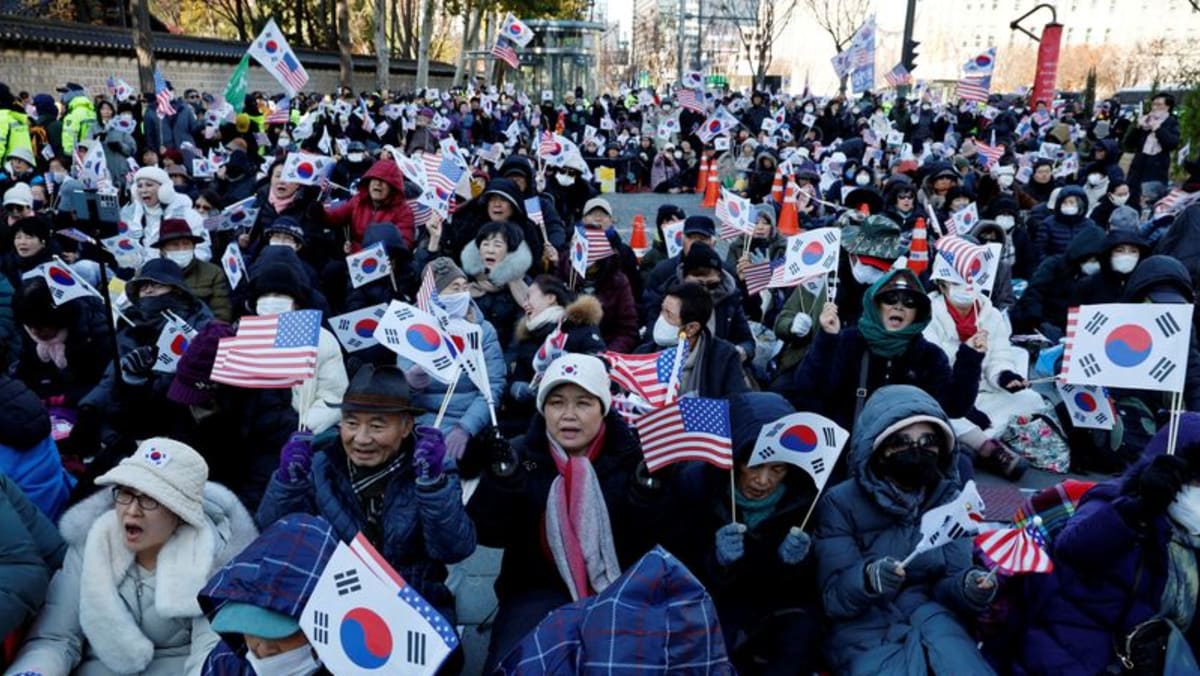SINGAPORE: It will be permissible, or halal, for Muslims to consume lab-cultivated meat if the cells are from animals that are also halal, and the final ingredients do not contain any non-halal components.
Dr Nazirudin Mohd Nasir, the Mufti of Singapore, said that this decision is an example of how fatwa research has to evolve with modern technology and social change.
He was giving a speech on Friday (Feb 2) to launch a two-day conference on fatwa in contemporary societies.
In Islam, fatwas are religious rulings to guide the Muslim community on the various aspects of religious life and are formal interpretations of Islamic law by a qualified religious scholar known as a mufti.
Mr Masagos Zulkifli, Minister-in-charge of Muslim Affairs, told reporters on the sidelines of the conference that the issue of lab-cultivated meat had been studied by the Islamic Religious Council of Singapore (MUIS) since 2022, and that the fatwa for this decision by MUIS will be issued “soon”.
“We can be one of the first countries in the world to actually lead in this field, not only producing cultivated meat, but in also ensuring it is halal for Muslims to consume,” he added.
The fatwa has since been issued.
“Novel foods, which can be produced through more environmentally sustainable means compared to traditional agriculture and aquaculture, offer a practical way to contribute to environmental sustainability,” MUIS said in a media release on Feb 3.
It added that the religious guidance was developed because questions arose about its permissibility for Muslim consumption, after Singapore approved of the sale of cultivated meat products in here in 2020.
“There is a global impetus for alternative, sustainable food solutions. While still currently in the developmental stage, with the eventual emergence of novel foods, it is necessary to have a clear religious position early on the permissibility of consumption of such foods,” MUIS said.
The conference, held at the Parkroyal on Beach Road hotel, was attended by about 400 guests comprising international religious leaders, ambassadors, as well as religious and community leaders here. Deputy Prime Minister Heng Swee Keat was also present.
In a speech to launch the conference, Dr Nazirudin said that the religious authorities should allow for adjustments to its rulings as technological developments and social changes take place.
“We could certainly work towards an Islam that seeks to preserve and protect all human life, and secure all forms of well-being, instead of holding an exclusivist view that limits who and what we work with,” Singapore’s top Islamic leader said.
One such development is that of alternative food sources. Singapore is the first country in the world to approve the sale of lab-grown meat.
Dr Nazirudin said that while there are those who argue that there is no need for such food sources and that the Muslim community should continue to enjoy “real” food such as real meat, the Fatwa Committee of MUIS had carefully considered whether lab-cultivated meat is permissible for consumption by Muslims.
Previously, there was no Islamic ruling on whether lab-cultivated meat may be consumed by Muslims here.







